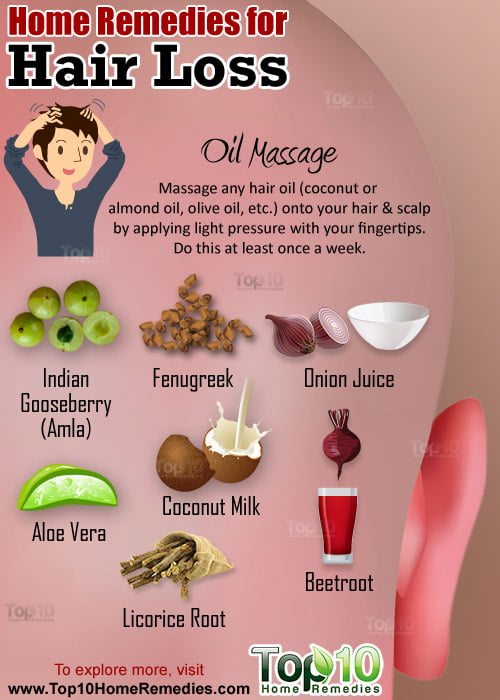
“Oily fish may reduce risk of death from bowel cancer, study suggests,” reports The Telegraph.
US research found people with bowel cancerwho increased their intake of oily fish after diagnosis were less likely to die from the condition.
Omega-3 fatty acids found in oily fish have been shown to reduce the growth of tumours in a laboratory setting in other studies, so scientists wanted to see whether there’s a link between how much oily fish people ate and what happened to them after a diagnosis of bowel cancer.
They followed up 1,659 people with bowel cancer for an average of 10 years. They found people who ate more oily fish were less likely to die of their cancer, but were just as likely to die of other causes.
People who increased their intake of oily fish after diagnosis were less likely to die of their cancer or other causes.
However, the numbers involved may be too small for the results to be completely reliable. The study also can’t prove that eating oily fish directly improves bowel cancer survival.
Importantly, people in the study received normal treatment for bowel cancer. The study looked for any additional benefit of eating oily fish.
Current advice is for everyone to eat two portions of oily fish a week, which is similar to the amount of fish found to be beneficial in this study. If the study results are confirmed, they offer another reason to follow this advice.
Where did the story come from?
The study was carried out by researchers from Harvard Medical School, Harvard TH Chan School of Public Health, and Massachusetts Institute of Technology.
It was funded by grants from the US National Institutes of Health, as well as various charitable foundations.
The study was published in the peer-reviewed journal Gut, owned by BMJ, on an open access basis, so it is free to read online.
The Mail Online headline, saying “A few mouthfuls of oily fish once a week can reduce the risk of dying from bowel cancer by 70%”, overstates the importance of the study.
The news story does not make it clear at the start that the study only involved people who had already been diagnosed with bowel cancer, and that the 70% reduced risk is a comparison between people with cancer who did or did not increase their consumption of oily fish. Also, the study cannot prove cause and effect, so it’s wrong to say fish can reduce the risk.
The Independent and The Telegraph carried more balanced reports, including cautions about the need to replicate the results in bigger studies.
What kind of research was this?
This was a prospectivecohort study of people with bowel cancer. Researchers wanted to see whether their dietary intake of omega-3 fatty acids from oily fish after diagnosis was linked to their survival.
Observational studies like this can spot links between factors – in this case, oily fish consumption and death from bowel cancer – but cannot prove that one causes the other.
What did the research involve?
Researchers followed a group of people with bowel cancer recruited from two much larger cohort studies.
The participants gave information about their diet in questionnaires, and also about their overall lifestyle and health status.
After an average 10 years of follow-up, researchers looked at whether there were links between how much oily fish people ate after their cancer diagnosis and how likely they were to have died from their cancer or other causes.
The researchers used information from two big cohort studies of nurses and other health professionals that have been running for many years in the US. They looked at data collected from 1984 and 1986 until 2012.
Everyone was asked to give detailed information about their health and lifestyle – including diet – every two to four years.
Researchers only looked at information from people in these bigger groups who had been diagnosed with bowel cancer and had completed at least one dietary questionnaire after diagnosis. Both fish and fish oil supplements were included in the assessment.
The researchers ran a series of calculations using the data, looking at people’s chances of having died from bowel cancer and death from any cause.
They adjusted the figures to take account of other factors affecting the chances of dying from cancer, including age, ethnic background, exercise and smoking.
They also looked for other factors linked to diet and mortality to see if specific groups of people might benefit more from oily fish.
But the trouble with carrying out so many calculations is you increase the likelihood that some of the results will be down to chance alone.
What were the basic results?
Of the 1,659 people in the study, 561 died during the study. Of these, 169 died directly from their bowel cancer. Other causes of death included cardiovascular disease and other types of cancer.
The researchers said:
- People who ate at least 0.3g of oily fish a day were 41% less likely to have died of bowel cancer during the study than people who ate less than 0.1g a day. But confidence intervals for these figures overlap with the point of no effect, meaning we cannot be sure this is a true result (hazard ratio [HR] 0.59, 95% confidence interval [CI] 0.35 to 1.01).
- There was no difference between the groups in the chances of dying from any cause.
- People who increased the amount of oily fish they ate by at least 0.15g a day were 70% less likely (HR 0.30, 95% CI 0.14 to 0.64) to have died of their cancer than people who did not increase their oily fish consumption by a significant amount (less than 0.02g a day). These people were also slightly less likely to have died of any cause, although the figures overlapped the point of no effect on this measure (HR 0.87, 95% CI 0.62 to 1.21).
The site and stage of the cancer did not appear to influence the results, as there were similar incidences of each severity among people who ate more or less oily fish.
The study showed people who ate more oily fish were also more likely to do physical exercise and less likely to smoke, but they took this into consideration when analysing the results.
How did the researchers interpret the results?
The researchers say their findings show dietary omega-3 fatty acid intake after diagnosis “may lower the risk of colorectal cancer specific mortality”.
They also say increasing the amount of oily fish people eat after diagnosis with bowel cancer may “confer additional benefits”, although they don’t spell out what these benefits are.
They admit “further studies are needed in a larger population” to confirm their findings, and they can’t rule out the influence of other dietary or lifestyle factors.
Conclusion
Oily fish have long been thought to have health benefits, especially for heart and circulation. This study suggests they may also be beneficial for people with bowel cancer.
But we should be cautious about the results, as the numbers in the study are quite small for this type of research and the results show a degree of uncertainty.
Finding that one factor (eating oily fish) is linked to another (surviving bowel cancer) is not the same as showing that one causes the other. We know that people in the study who ate more oily fish also exercised more and smoked less.
Although the researchers adjusted their figures to account for these particular factors, this suggests fish-eaters might have been more health conscious generally. That means they might have taken other steps we don’t know about to reduce their risk of dying from bowel cancer.
It’s also interesting that while the chances of dying from bowel cancer were smaller for people who ate more oily fish, the chances of dying from any cause – including all types of cancer and cardiovascular disease – were the same.
Reading the Mail Online headline, you might think eating oily fish alone can make a huge difference to your chances of surviving bowel cancer.
But it’s not obvious from the report that all the people in the study would also have received conventional medical and surgical treatments for their cancer, and uncertainty in the figures means oily fish might actually make very little difference.
For people diagnosed with cancer, eating oily fish may or may not make a difference to their chances of survival. There’s certainly no reason why these people should not eat oily fish, but surgical and medical treatments are likely to be much more important for their chances of survival.
For everyone else, the advice is unchanged. Eating two portions of oily fish a week is an important part of a healthy diet.
[source;nhs]






















